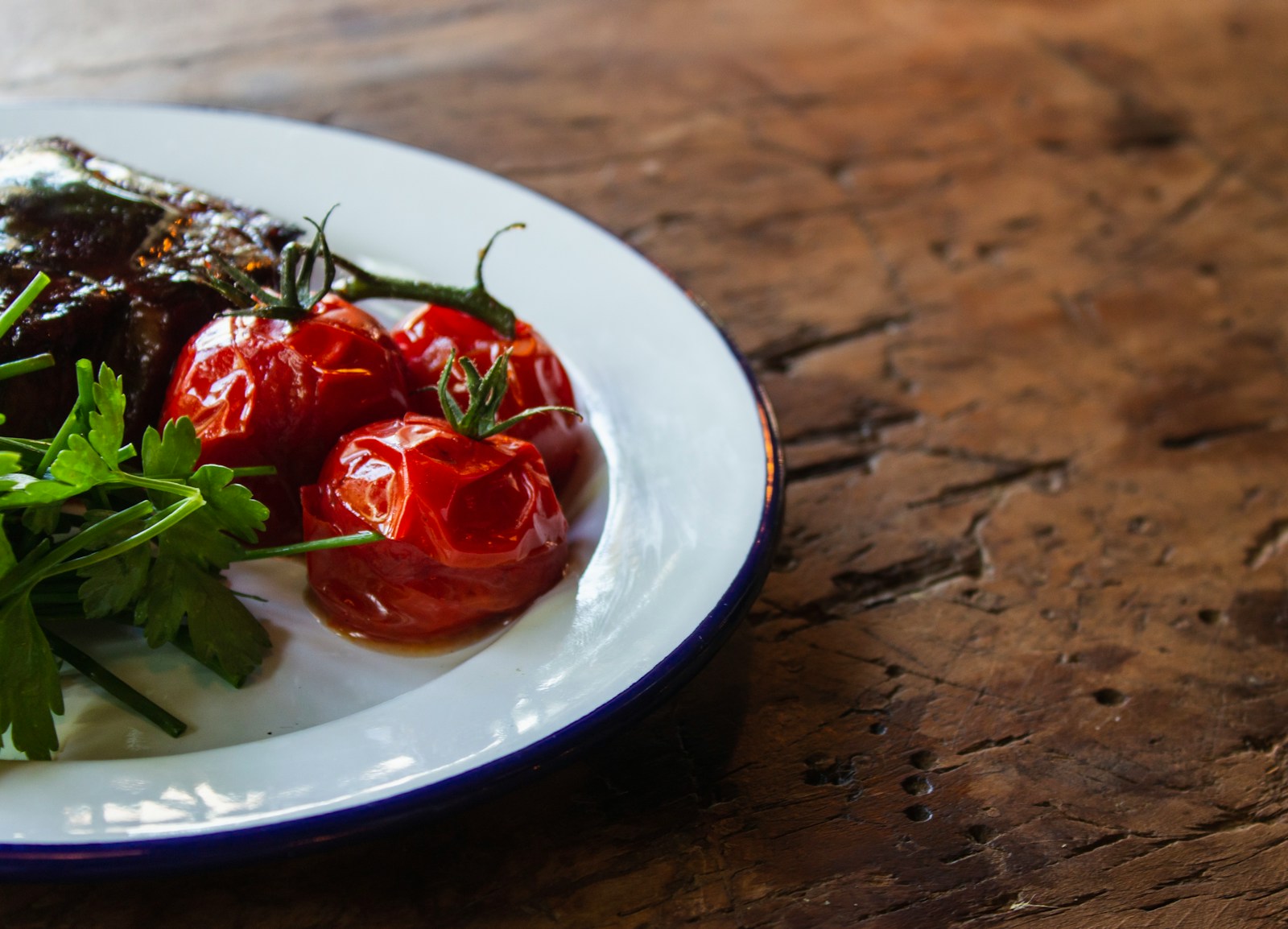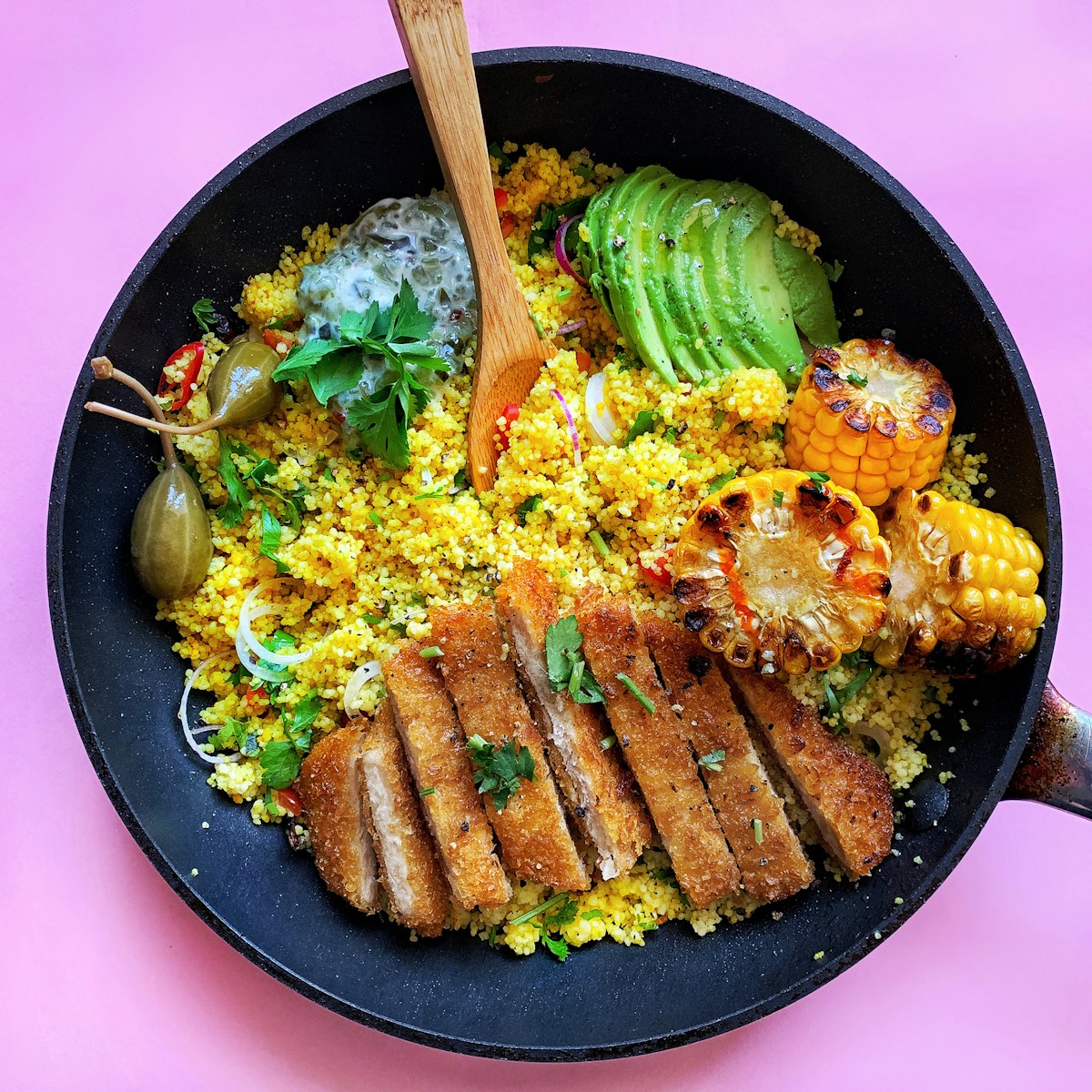Introduction
In a world obsessed with diets and weight loss, embracing a concept known as “food freedom” can be a revolutionary and transformative journey towards developing a healthy relationship with food and your body. Food freedom involves breaking free from the restrictive mindset of diet culture and instead, trusting your body’s natural cues to guide your eating habits. In this article, we will explore the principles of intuitive eating, mindful eating, and the philosophy behind food freedom. We will also discuss how you can incorporate these principles into your life to cultivate a positive and sustainable approach to your overall well-being.
Understanding Food Freedom
Food freedom is a multifaceted concept that encompasses various definitions and applications. It can refer to freedom from industrial food production, strengthening food sovereignty, understanding the impact of historical cultural foods on human health, or even embarking on a spiritual journey to overcome “food addiction.” In the context of this article, we will focus on food freedom as a non-diet approach to health and nutrition.
At its core, food freedom is about rejecting the rigid rules and restrictions imposed by diet culture. It encourages you to tune into your body’s internal cues of hunger, fullness, and satisfaction, rather than relying on external factors such as calorie counting or food labels. Food freedom is about cultivating a positive and judgment-free relationship with all foods, where guilt has no place in the eating experience.
Intuitive Eating: Listening to Your Body’s Wisdom
Intuitive eating is a key component of food freedom. It is a weight-inclusive approach to health that emphasizes the importance of honoring your body’s unique needs and desires. Intuitive eating is not a diet or a quick-fix solution for weight loss. Instead, it focuses on developing a deep connection with your body and trusting its wisdom to guide your eating choices.
The principles of intuitive eating, developed by Evelyn Tribole and Elyse Resch, provide a framework for cultivating a healthy relationship with food. These principles include:
- Reject the diet mentality: Let go of the belief that diets are the answer to your health or happiness. Instead, focus on nourishing your body and finding joy in eating.
- Honor your hunger: Listen to your body’s cues and eat when you’re hungry. Give yourself permission to eat enough to satisfy your needs.
- Make peace with food: Give yourself unconditional permission to eat all foods without judgment or guilt. This includes foods that are often labeled as “good” or “bad” in diet culture.
- Challenge the food police: Challenge the internalized rules and beliefs about food that have been ingrained by diet culture. Trust yourself to make choices that honor your well-being.
- Discover the satisfaction factor: Seek pleasure and satisfaction from your meals. Enjoy the flavors, textures, and aromas of the foods you eat.
- Feel your fullness: Pay attention to your body’s signals of fullness and satisfaction. Stop eating when you feel comfortably full, knowing that you can eat again when you’re hungry.
- Cope with your emotions without using food: Find alternative ways to cope with emotions and stress that don’t involve using food as a source of comfort.
- Respect your body: Cultivate body acceptance and appreciation for the unique qualities and abilities of your body, regardless of its size or shape.
- Movement – feel the difference: Engage in physical activity that you enjoy and that feels good to your body. Shift the focus from exercise as a means of burning calories to movement as a source of joy and vitality.
- Honor your health with gentle nutrition: Make food choices that honor your health and well-being, while also allowing for flexibility and enjoyment. Focus on nourishment rather than strict rules or restrictions.
By embracing these principles, you can develop a more intuitive and compassionate approach to eating, free from the constraints and negative effects of diet culture.
Mindful Eating: Bringing Awareness to the Present Moment
Mindful eating is another powerful tool in the journey towards food freedom. It is a practice rooted in mindfulness, the art of being fully present and aware of the current moment. Mindful eating involves paying attention to the sensations, thoughts, and emotions that arise while eating, without judgment or distraction.
When practicing mindful eating, you bring awareness to the entire eating experience – from choosing the food, to the preparation, to the act of eating itself. By slowing down and savoring each bite, you can fully engage your senses and appreciate the nourishment and pleasure that food provides.
Here are some tips for incorporating mindful eating into your daily life:
- Create a calm eating environment: Find a quiet and peaceful space where you can enjoy your meals without distractions. Turn off the TV, put away your phone, and create a serene atmosphere.
- Engage your senses: Take the time to notice the colors, smells, textures, and flavors of your food. Pay attention to the sensations in your mouth as you chew and swallow.
- Eat slowly and mindfully: Take small bites and chew your food thoroughly. Pause between bites to reflect on the flavors and textures. Notice when you start to feel satisfied.
- Practice non-judgment: Avoid labeling foods as “good” or “bad.” Instead, approach each meal with curiosity and without judgment. Allow yourself to enjoy a variety of foods without guilt or restriction.
- Tune into your body’s cues: Listen to your body’s signals of hunger and fullness. Eat when you’re hungry and stop when you’re satisfied, rather than eating based on external cues or societal expectations.
- Be present: Focus on the present moment and the experience of eating. Let go of worries, distractions, and thoughts about past or future meals. Be fully present with your food and the people you’re sharing the meal with.
By practicing mindful eating, you can develop a deeper appreciation for the nourishment and pleasure that food brings. It can also help you develop a better understanding of your body’s needs and preferences.
Breaking Free from Diet Culture
Diet culture is a pervasive system of beliefs and practices that promotes the pursuit of thinness as the ultimate measure of health and success. It perpetuates the idea that certain foods are “good” or “bad,” and that weight loss is the key to happiness and self-worth. Diet culture can have detrimental effects on both physical and mental health, leading to disordered eating patterns, body dissatisfaction, and a preoccupation with food and weight.
To break free from diet culture and embrace food freedom, it is important to challenge the beliefs and behaviors that have been ingrained by societal norms. Here are some strategies to help you on your journey:
- Educate yourself: Learn about the harmful effects of diet culture and the diet industry. Understand the scientific evidence that supports a weight-inclusive approach to health and well-being.
- Surround yourself with support: Seek out communities and social media accounts that promote body positivity, intuitive eating, and self-acceptance. Connect with like-minded individuals who can provide support and encouragement.
- Practice self-compassion: Be kind and gentle with yourself as you navigate the process of unlearning diet culture’s messages. Treat yourself with the same compassion and understanding you would offer to a loved one.
- Challenge negative thoughts: Notice and challenge negative thoughts or beliefs about your body and food. Replace them with positive affirmations and reminders of your worth beyond your appearance.
- Seek professional help if needed: If you’re struggling with disordered eating or body image concerns, consider seeking support from a registered dietitian or therapist who specializes in intuitive eating and body image healing.
Breaking free from diet culture is a transformative process that takes time and effort. By embracing food freedom and rejecting the harmful messages of diet culture, you can cultivate a healthier relationship with food and your body.
Trusting Your Body’s Cues
In a society that often promotes external sources of authority when it comes to our health and well-being, it can be challenging to trust our own bodies. However, our bodies have an innate wisdom that can guide us towards what we truly need.
Trusting your body’s cues means learning to listen to the signals it sends you regarding hunger, fullness, and satisfaction. It means honoring your cravings and desires without judgment or restriction. Here are some strategies to help you develop trust in your body:
- Practice mindful awareness: Regularly check in with your body throughout the day. Notice any sensations of hunger, fullness, or satisfaction. Pay attention to how different foods make you feel physically and emotionally.
- Experiment and learn: Use trial and error to discover what foods and eating patterns work best for your body. Everyone is unique, and what works for one person may not work for another. Be open to experimenting and adjusting as you learn more about what your body needs.
- Cultivate self-compassion: Be patient and compassionate with yourself as you navigate the journey of trusting your body. Remember that it’s normal to have ups and downs, and that progress is not always linear. Treat yourself with kindness and understanding.
- Seek support: Surround yourself with a supportive network of friends, family, or professionals who can help you on your journey towards trusting your body. Share your experiences, ask for advice, and lean on others for support when needed.
- Let go of external expectations: Release the need to conform to societal standards or others’ expectations of how you should eat or look. Trust that your body knows best and that you are the expert of your own experience.
Trusting your body’s cues is a process that requires patience, self-compassion, and practice. By tuning in and listening to your body, you can develop a deeper understanding of your unique needs and cultivate a more harmonious relationship with food.
Nurturing a Healthy Relationship with Your Body
A healthy relationship with your body is an essential component of overall well-being. It involves treating your body with respect, acceptance, and kindness, regardless of its size, shape, or appearance. Here are some strategies to help you nurture a healthy relationship with your body:
- Practice self-care: Engage in activities that nourish your body and mind. This can include regular exercise, getting enough sleep, practicing relaxation techniques, and engaging in hobbies that bring you joy.
- Focus on what your body can do: Appreciate your body for its capabilities and strengths, rather than solely focusing on its appearance. Celebrate the ways in which your body supports you in everyday activities and experiences.
- Challenge negative self-talk: Notice and challenge negative thoughts or beliefs about your body. Replace them with positive affirmations and reminders of your inherent worth beyond your physical appearance.
- Surround yourself with positive influences: Surround yourself with people, media, and environments that promote body positivity and self-acceptance. Limit exposure to negative or triggering influences that perpetuate unrealistic beauty standards.
- Engage in body-positive activities: Participate in body-positive movements, such as body acceptance workshops, body-positive yoga classes, or social media campaigns that promote inclusivity and diversity.
Nurturing a healthy relationship with your body is an ongoing process that requires self-reflection, self-compassion, and a commitment to challenging societal norms. By embracing your body as it is and treating it with kindness and acceptance, you can cultivate a sense of body peace and confidence.






